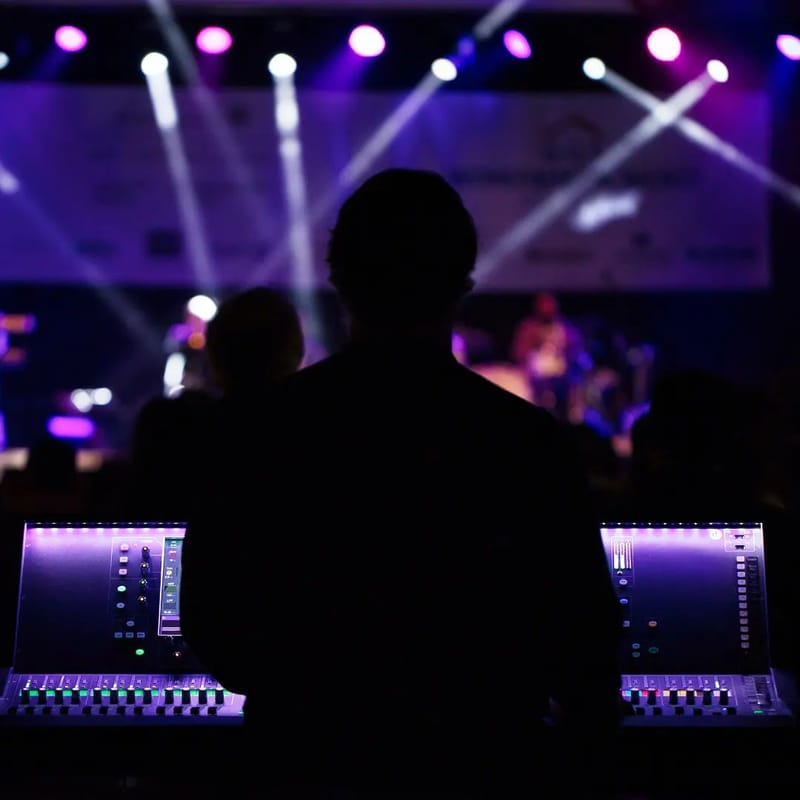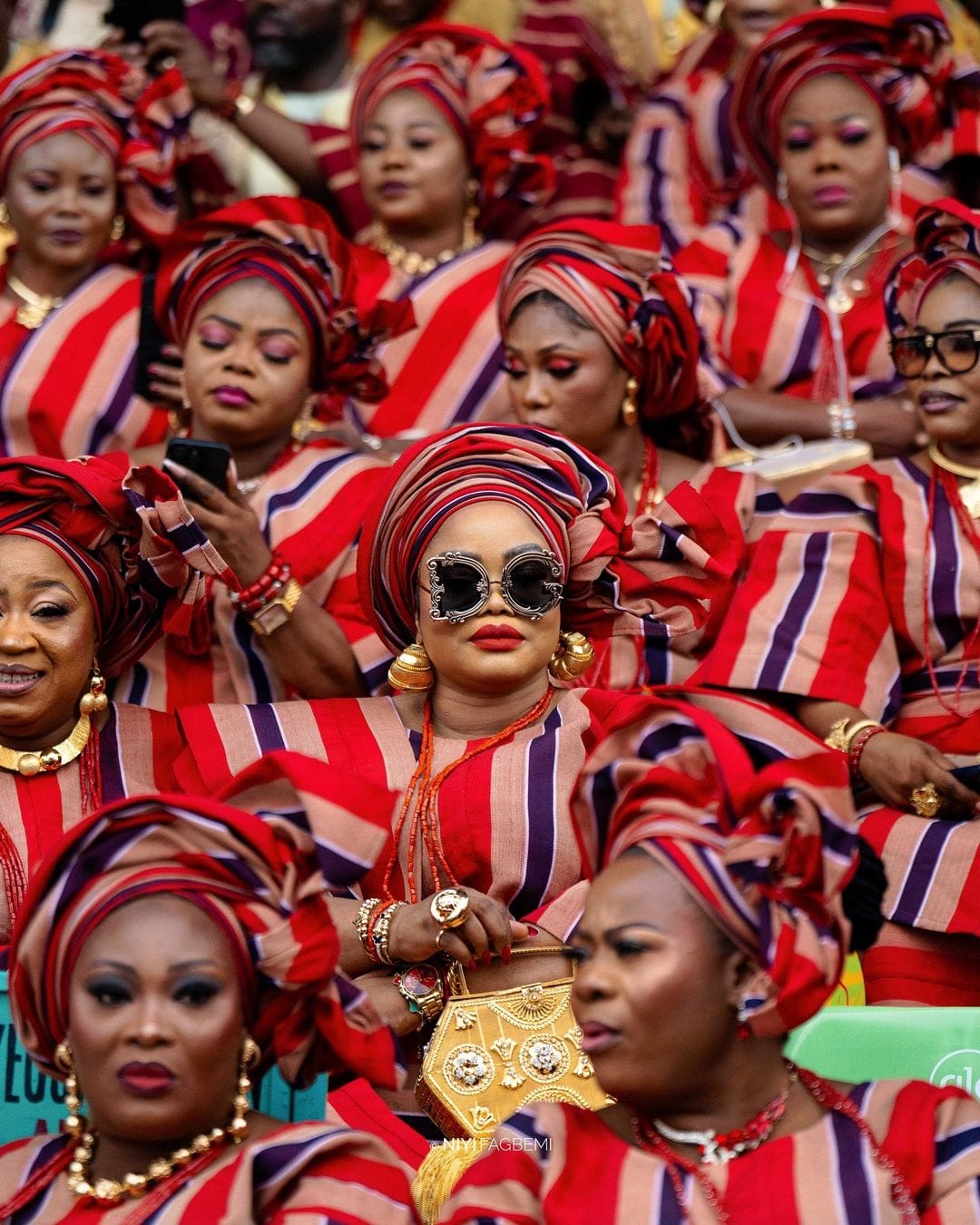In Nigeria, electronic dance music, or EDM, has become more and more popular during the past ten years. EDM, which combines traditional African sounds with contemporary synthetic beats, has carved out a flourishing niche for itself because of the growing interest from young culture and easier access to production equipment. This guide examines the development of EDM from three angles: the club environment, Afrobeat crossover, and the cultural identity of young Nigerians.
Lagos Club Circuit: The Heartbeat of EDM
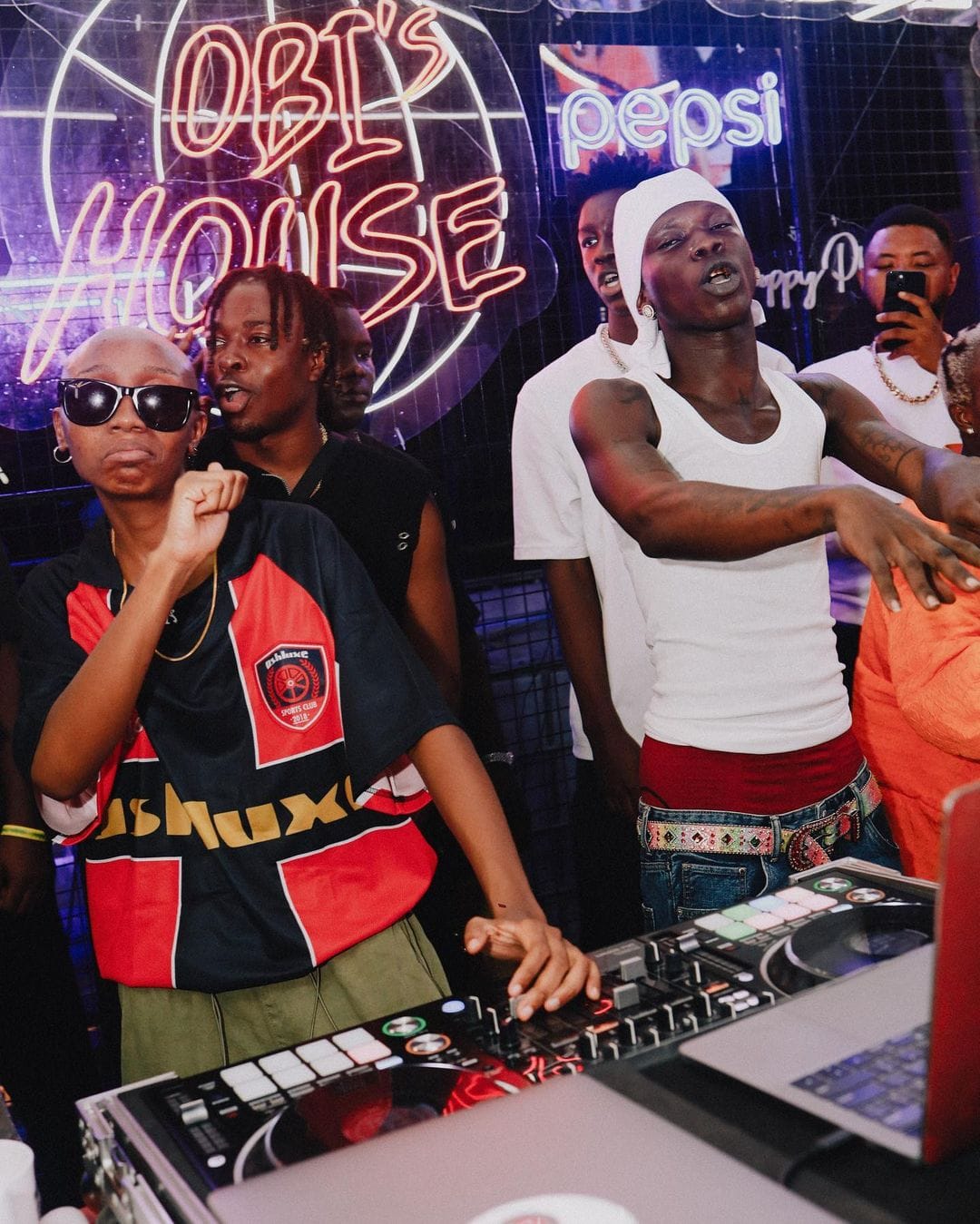
The epicenter of the Nigerian EDM scene is now Lagos, home to clubs like Coconut Grove, Ember Lounge, and Nok by Alara that create trends in the industry. These venues set themselves apart with sophisticated stage setups that feature EDM DJs and dancers spinning house, techno, and electro tunes.
On the dance floor, cutting-edge lighting, lasers, and images produce a lively atmosphere. Prominent EDM DJs like DJ Spinall, DJ Neptune, and DJ Obi have risen to fame on their own by skillfully fusing global EDM songs with regional dance forms like gwara gwara, shaku shaku, and azonto. These club evenings represent a new and forward-thinking side of Lagos.
Fusion with Afrobeat
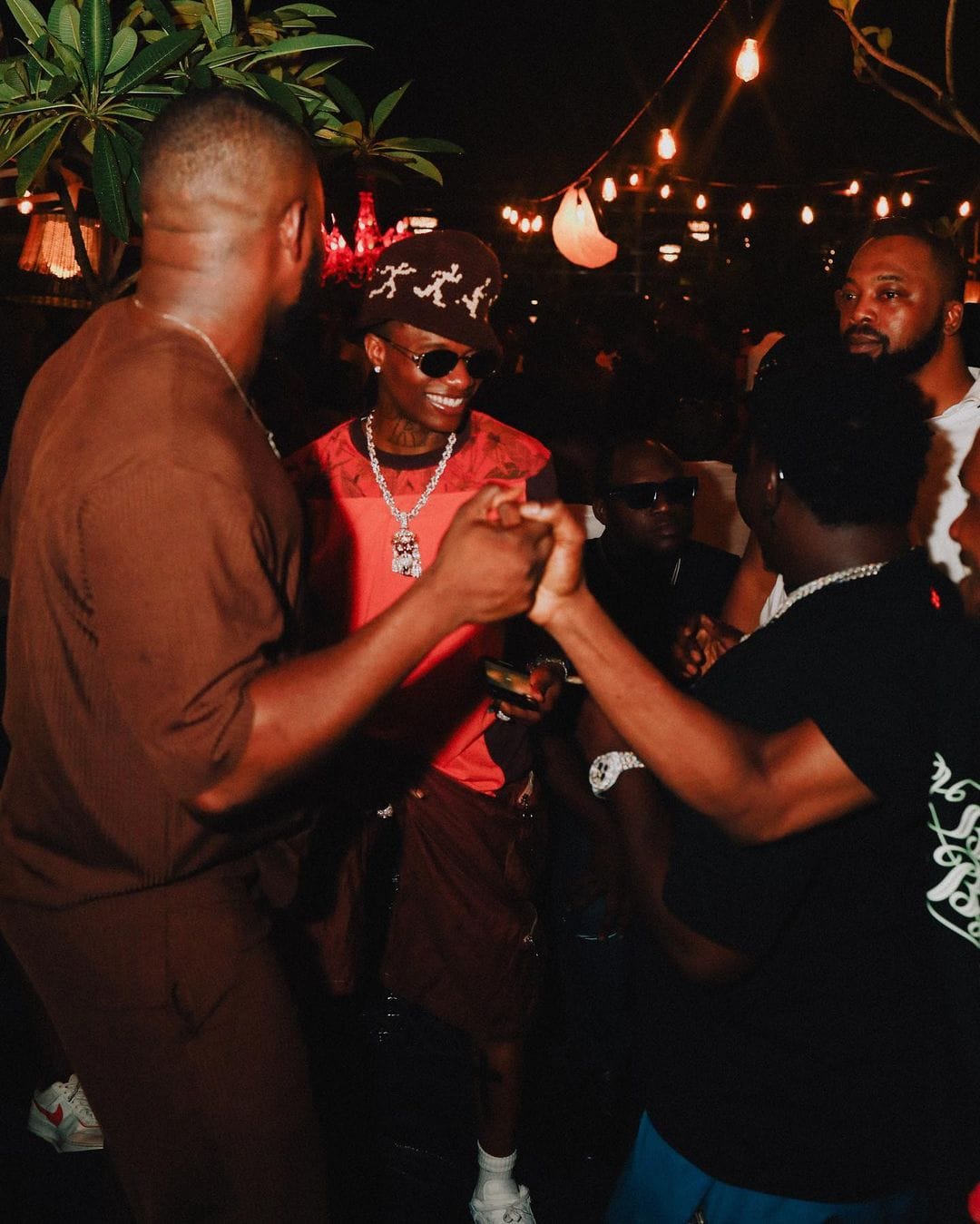
Leading Afrobeat musicians like Davido, Wizkid, and Tiwa Savage have been adding more electronic elements to their music as EDM continues to grow. This produces catchy songs that are ready for radio play as well as dance floors.
Producers like Sarz, Shizzi, and Del B have set the standard by incorporating startling drops, throbbing beats, and lush synth textures into the distinctive vocal hooks and percussion rhythms of Afrobeat.
Pop culture is starting to include digital and analog fusions, as evidenced by songs like "The Matter" by Wizkid. Rapid growth in interest has led to American musicians like Chris Brown delving into Afro-EDM hybrid sounds.
Youthful Expression
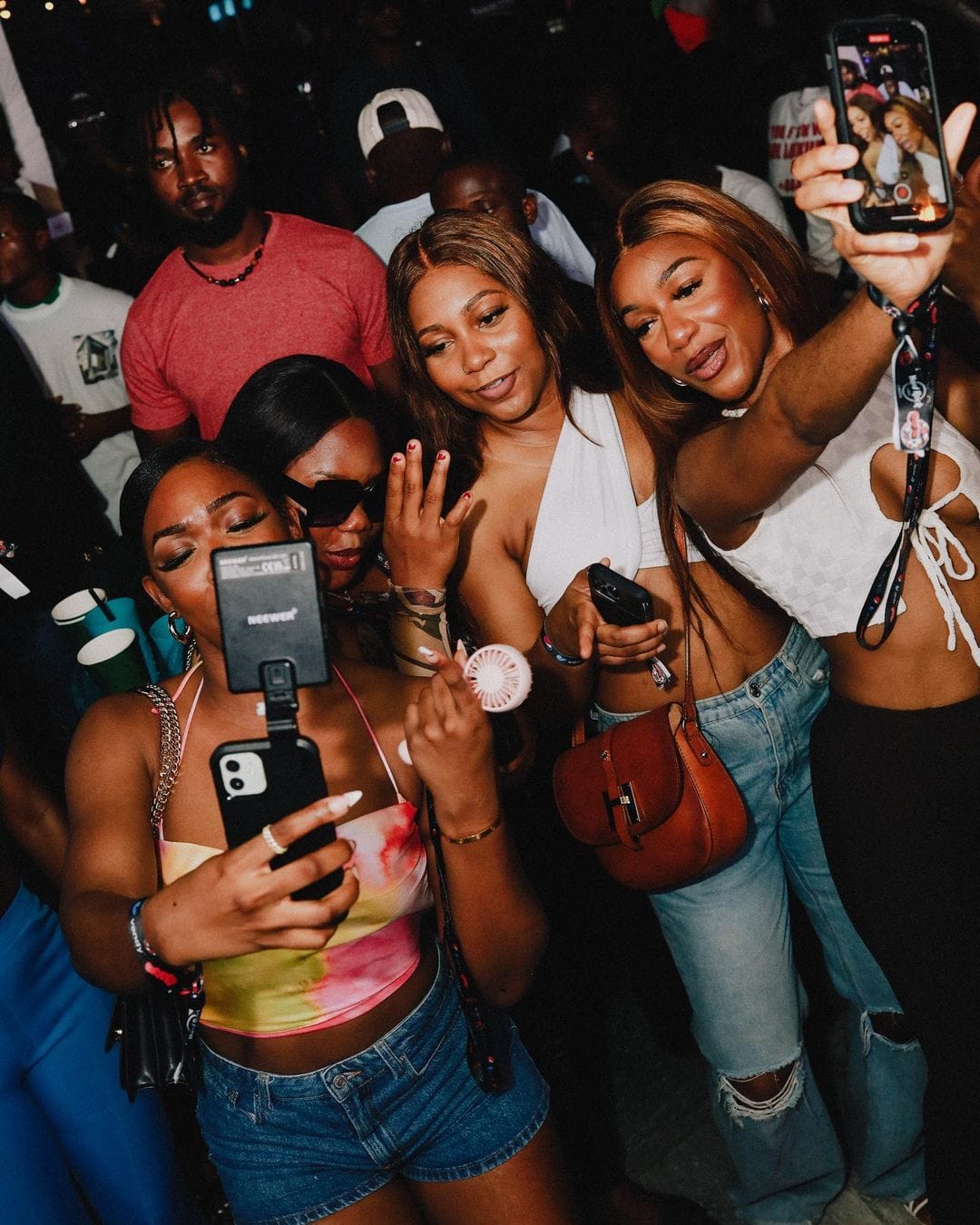
EDM represents a contemporary mode of expression and lifestyle for lots of Nigerian youths. It’s a modern art that blends regional culture with global perspectives. Videos of EDM and Afro-EDM showcase youths proudly expressing themselves via dance, dress, and a sense of community, all while challenging societal norms.
Similar to this, musicians utilize lyrics to convey their ambition for brighter futures combined with struggles against adversity. As technology becomes more widely available, EDM both inspires and represents this new trajectory in Nigerian young culture.
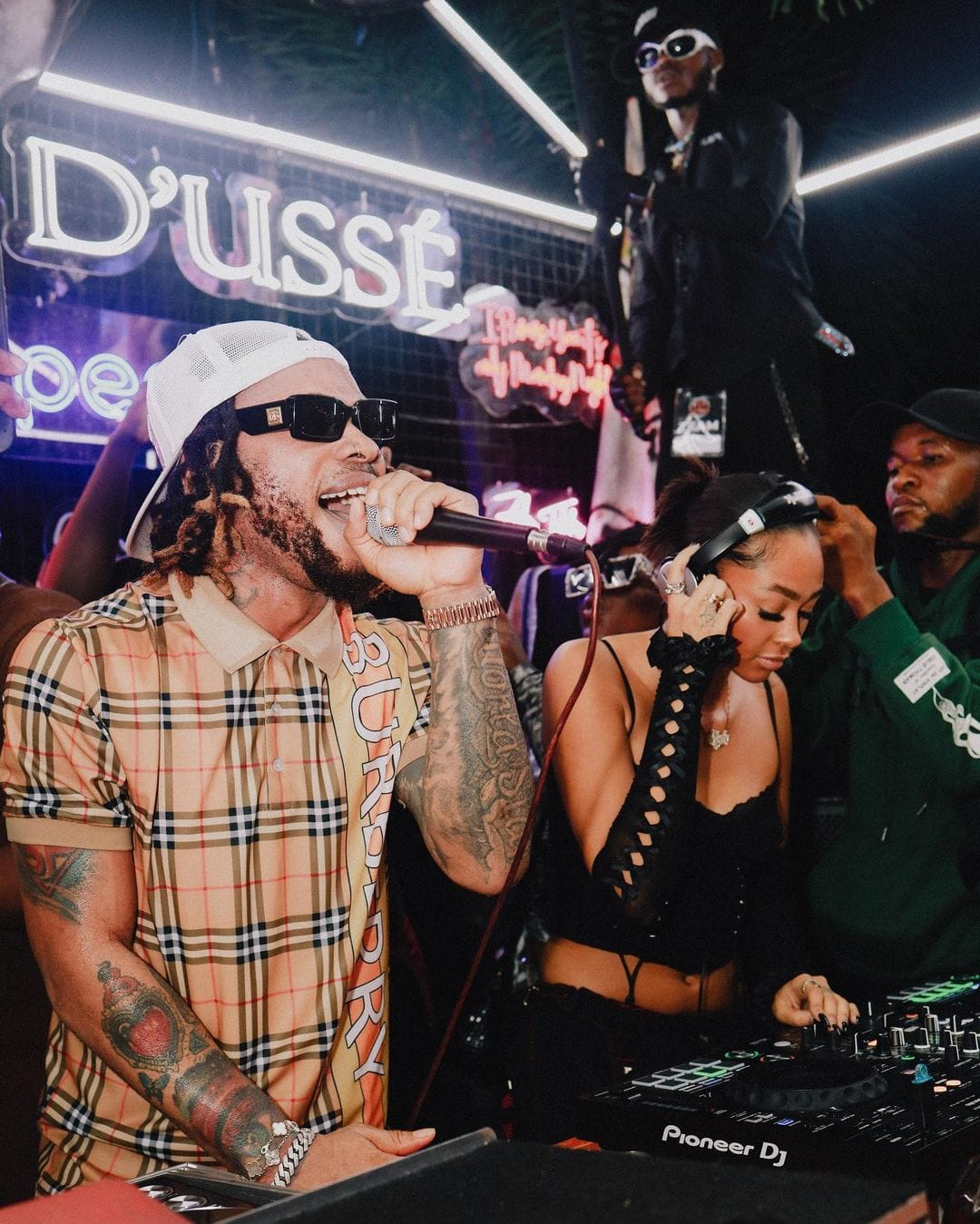
Conclusion
EDM has ingrained itself in Nigerian music, from chart-topping tunes to posh clubs in Lagos. EDM is expected to keep growing throughout Nigeria and African music in general, with its pulse mirroring the beat of vibrant youth culture. Nigerian musicians appear ready to create electronic music sounds in the future that will convey regional identities to audiences throughout the world.

